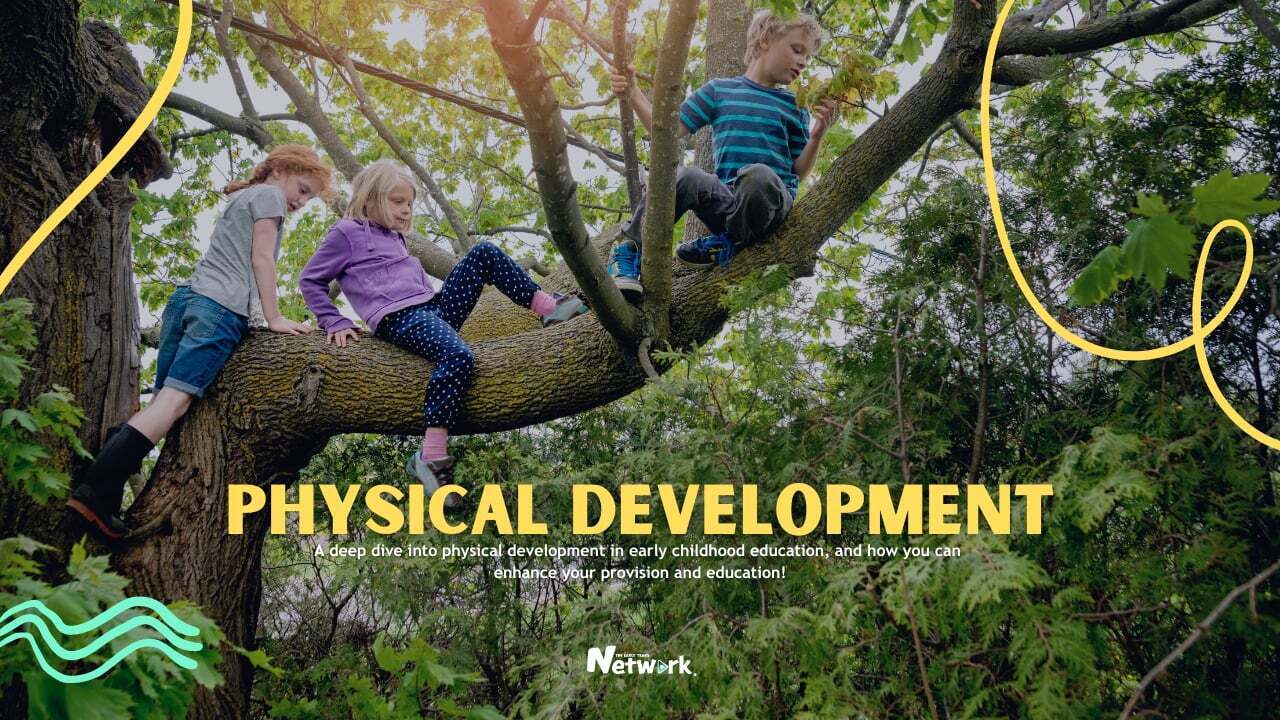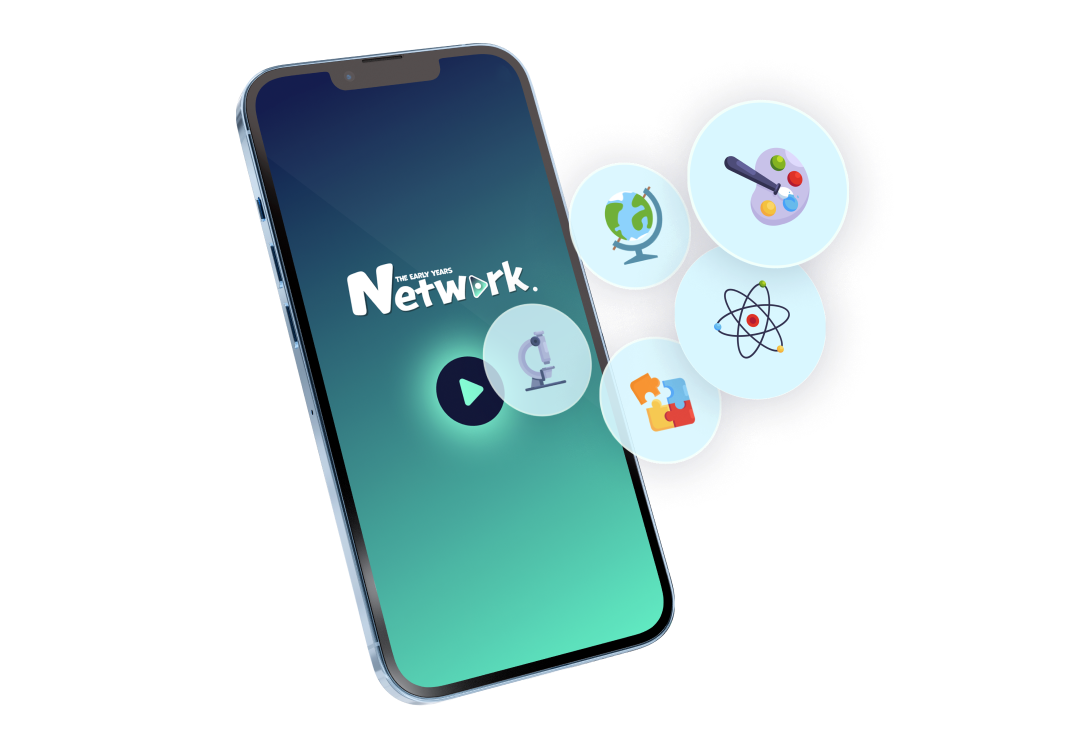4. Exploring the Holistic Benefits of Physical Development
09:52
In this lesson, Emily leads an exploration into the multifaceted benefits of physical development while adopting a holistic perspective. Participants will gain an understanding of why physical development is vital across three key areas: Physical Benefits, Mental Wellbeing, and Brain Function.
Emily delves into the physical benefits of physical development, highlighting how it promotes strength, coordination, and overall health in young children. Participants will explore how regular physical activity contributes to the development of strong muscles, bones, and cardiovascular health.
Moreover, Emily also discusses the profound impact of physical development on mental wellbeing, emphasizing how movement and physical activity can enhance mood, reduce stress, and improve emotional regulation in children. Participants will learn about the psychological benefits of engaging in physical play and exploration.
Additionally, Emily examines the relationship between physical development and brain function, elucidating how movement stimulates neural connections and supports cognitive development. Participants will explore research findings highlighting the cognitive benefits of physical activity on attention, memory, and learning.
Throughout the lesson, Emily encourages participants to view physical development holistically, understanding its interconnectedness with various aspects of children's development and wellbeing. By the end of the lesson, participants will appreciate the holistic benefits of physical development and gain insights into how to promote it effectively in early childhood education settings.






